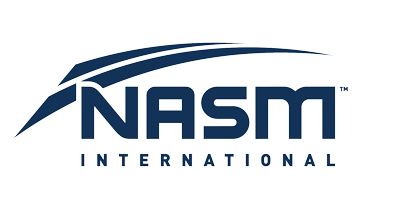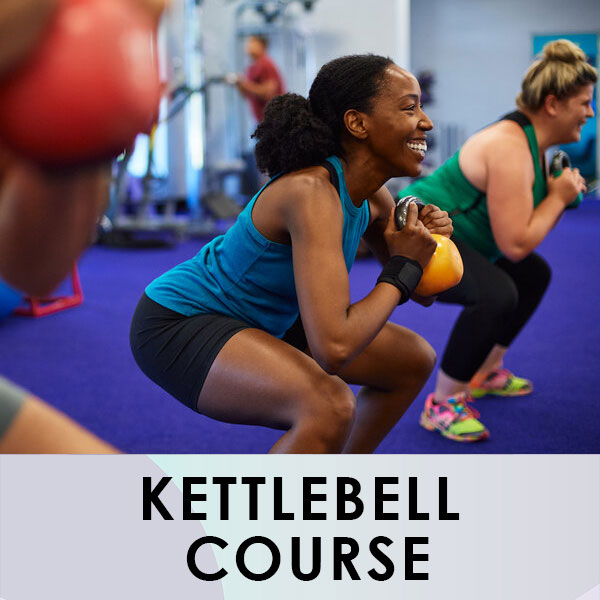NASM Certified Nutrition Coach
Original price was: $249.50.$149.50Current price is: $149.50. / month for 6 months
Learn the science of nutrition and use it to promote better health in yourself and others.
Skill up and take your coaching business to the next level with this nutrition course
Become a Certified Nutrition Coach - NASM Nutrition Certification
Nutrition serves as an incredibly enriching discipline due to its potential to change the lives of clients. Nutrition serves as the foundation for our health and the fuel for our performance. However, to get to a balance in life, you need support, discipline, empathy, methodology and drive to positively change behaviors.

Course Overview:
As a Certified Nutrition Coach, you’ll learn the science of nutrition and use it to promote better health in yourself and others through smarter dietary choices, sustainable change, and a better relationship with food.

Course Outline:
There are no prerequisites for the Nutrition Certification.
Introduction
Learn about the role of a Nutrition Coach and how the NASM Nutrition Certification can help enhance your career.
Scope of Practice
Understand a Nutrition Coach’s scope of practice, professional expectations, and differentiate among related nutrition professions.
Evidence-Based Nutrition and Practice
In this chapter, you’ll learn the importance of evidence-based practice as a nutrition specialist, the difference between basic scientific principles and methodology, and how to define scientific research processes.
Food Preference and Influences
Understand the effects of nutritional intake on individual health, identify the role of dietary habits in overall health, and describe factors that influence dietary patterns. You’ll also be able to recognize the dangers of a one-diet-fits-all approach and identify how different factors can influence eating patterns.
Energy Balance and Metabolism
This chapter explores how macronutrients fuel activity and bodily functions, as well as how to balance the energy in versus energy out equation. You’ll understand the First Law of Thermodynamics, energy balance, and energy systems.
Protein
Protein is an important macronutrient that many bodily functions depend on. Learn the structure and function of protein, total daily protein requirements, and methods for establishing protein requirements in a dietary program.
Carbohydrates
Carbohydrates provide energy for the body. Understand their structure and function, the digestion and absorption process, daily carbohydrate requirements, and more.
Fats
Dietary fat has many important functions. In this chapter, you’ll learn about the function and intake recommendations, healthy versus unhealthy fats, as well as key myths and hot topics related to fat.
Alcohol
This chapter explains the digestion and absorption process of alcohol, as well as the physiological effects and methods for accommodating alcohol in a dietary program.
Micronutrients
Micronutrients help maintain the metabolic processes required to produce energy. Understand the difference between water-soluble vitamins, fat-soluble vitamins, and minerals, identify common food sources, and learn to calculate daily recommended intakes and the values for each micronutrient.
Hydration
In this chapter, you’ll learn the compartmental aspects and shifts of water in the body following significant sweat losses. You’ll also discover methods to help decrease excessive hypo- or hyper-hydration and learn about proper hydration strategies.
Nutrient Timing
Discover appropriate nutrient-timing strategies for performance and for altering body composition, as well as the role that nutrient timing plays within an overall nutrition strategy.
Supplements
Understand the role of supplementation across various goals, explain the strength of the evidence base for commonly used supplements, and learn to communicate with clients about the pros and cons of supplementation.
Psychology of Weight Control and Behavior Change
In this chapter, you’ll learn how psychology affects fitness and wellness. Identify barriers to diet and exercise, common eating disorders, and common client types used to develop customized programs.
Coaching and Communication
It’s important for Personal Nutrition Coaches to communicate in a way that positively influences adherence to their programs. You’ll identify strategies for building rapport and use effective communication skills to elicit behavior change.
Motivational Interviewing
This chapter explains motivational interviewing and strategies that are used to help clients understand the underlying reasons for their own change while affirming their motivation.
Goal Setting
Understand different types of goals, the benefits of effective goal-setting, methods for providing feedback and tracking progress, and identify obstacles commonly encountered when setting goals.
Dietary Assessment and Body Composition Testing
In this chapter, you’ll discover a step-by-step approach to assessing dietary intake and monitoring body composition. You’ll compare body-composition assessment methods and understand the importance of consistency and accessibility.
Food and Supplement Labels and Portion Size
Learn about the labeling standards for food and supplement products, as well as portion size recommendations.
Helping Clients Navigate the Real World
This chapter explains strategies that can help clients make healthy food choices in everyday situations, such as at the grocery store or dining out.
Navigating Diets
Learn the latest facts regarding diets and how they impact health, body composition, and athletic performance. This chapter explores many different diets and provides details regarding their safety and effectiveness.
Nutrition Hot Topics and Controversies
An in-depth approach to explaining the science behind many of the nutrition hot topics and controversies faced by clients today.
Managing Weight-Loss Plateaus and Maintaining Weight Loss
This chapter examines the science and psychology of weight-loss plateaus and how to help clients avoid this vicious cycle.
Programming – Putting it All Together
Nutrition Coaches must have a foundational level of knowledge regarding nutritional science and behavior psychology. However, knowledge without action is virtually useless, especially when helping clients achieve their health-and-wellness goals. This chapter puts all of this knowledge into practice and details a step-by-step process for nutrition programming.
After the completion of the course, you will take an online final exam from the comfort of your own home, or wherever you prefer to take tests. The test is comprised of 100 multiple-choice questions. You are allowed to go back and reference the course while taking the exam. The exam is timed and cannot exceed 90 minutes. To pass, you need a score of 70% or higher and you have up to 3 attempts to pass.

Enrolment Guidelines:
International Fitness Academy (IFA) has partnered with the National Academy of Sports Medicine® (NASM), a premier provider of quality education in the fitness industry. This collaboration brings together IFA’s commitment to advancing fitness professionals and NASM’s renowned expertise in science-based training and certification programs.
Students will be enrolled in to the NASM online portal to complete this certification. The IFA Student Support team will assist with any course related questions and support. You can contact our support team on 1300 659 275 or via email at support@nternationalfitnessacademy.com.






